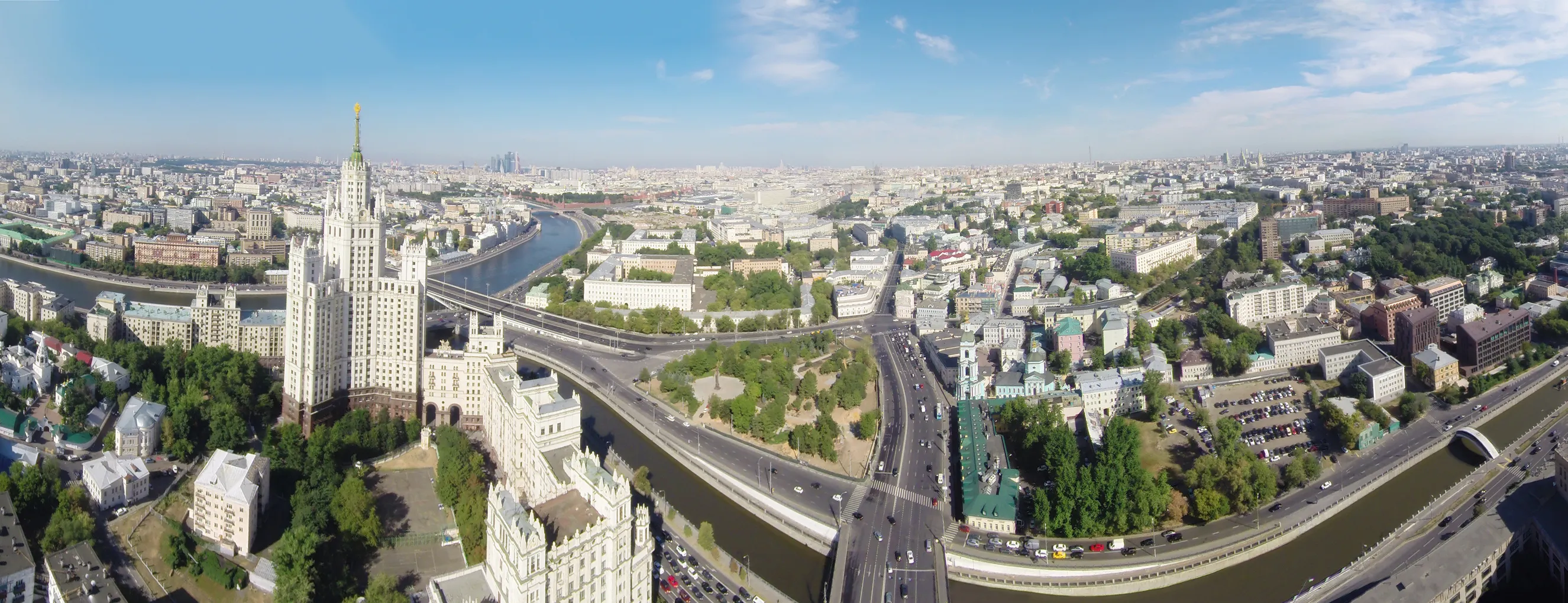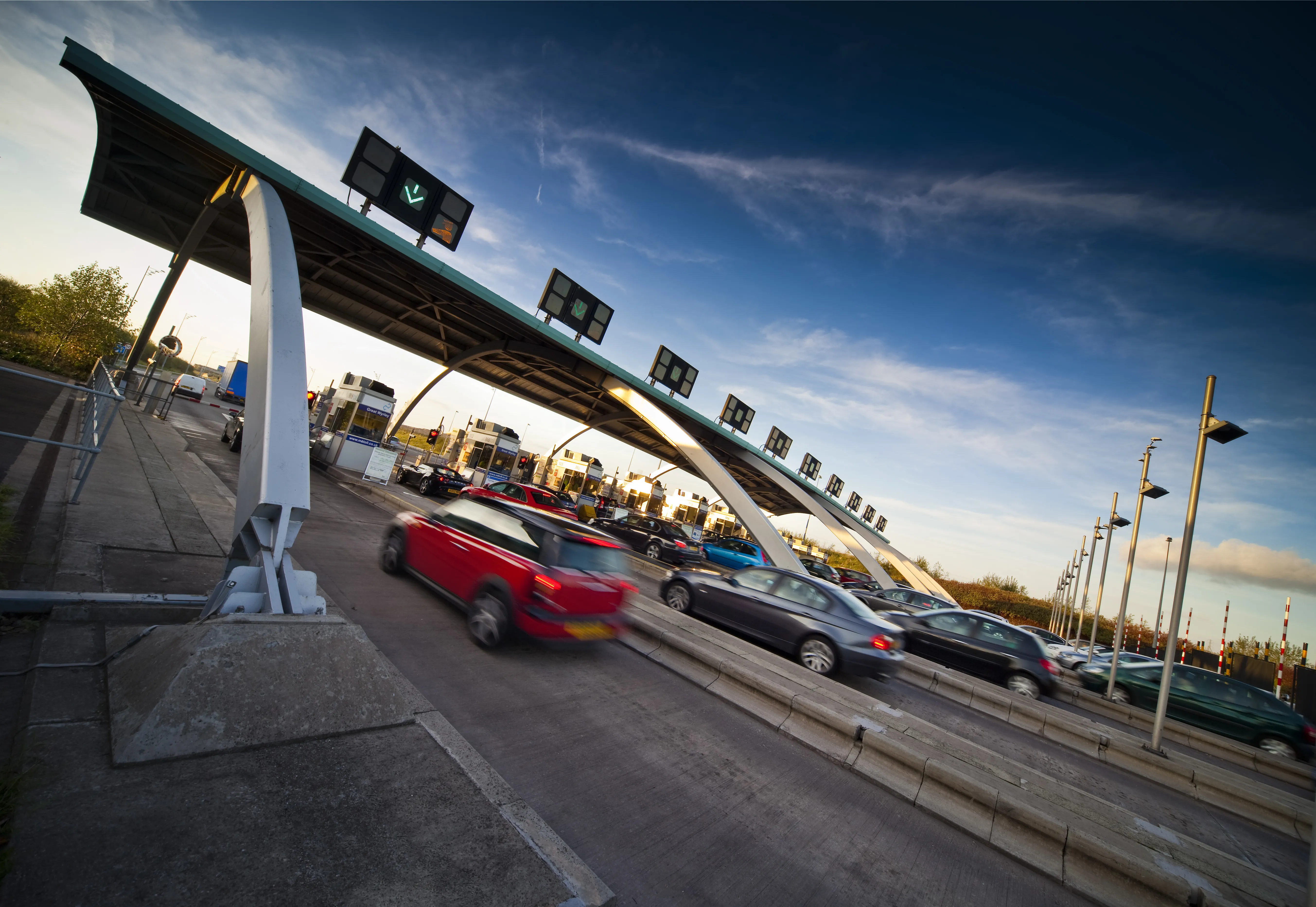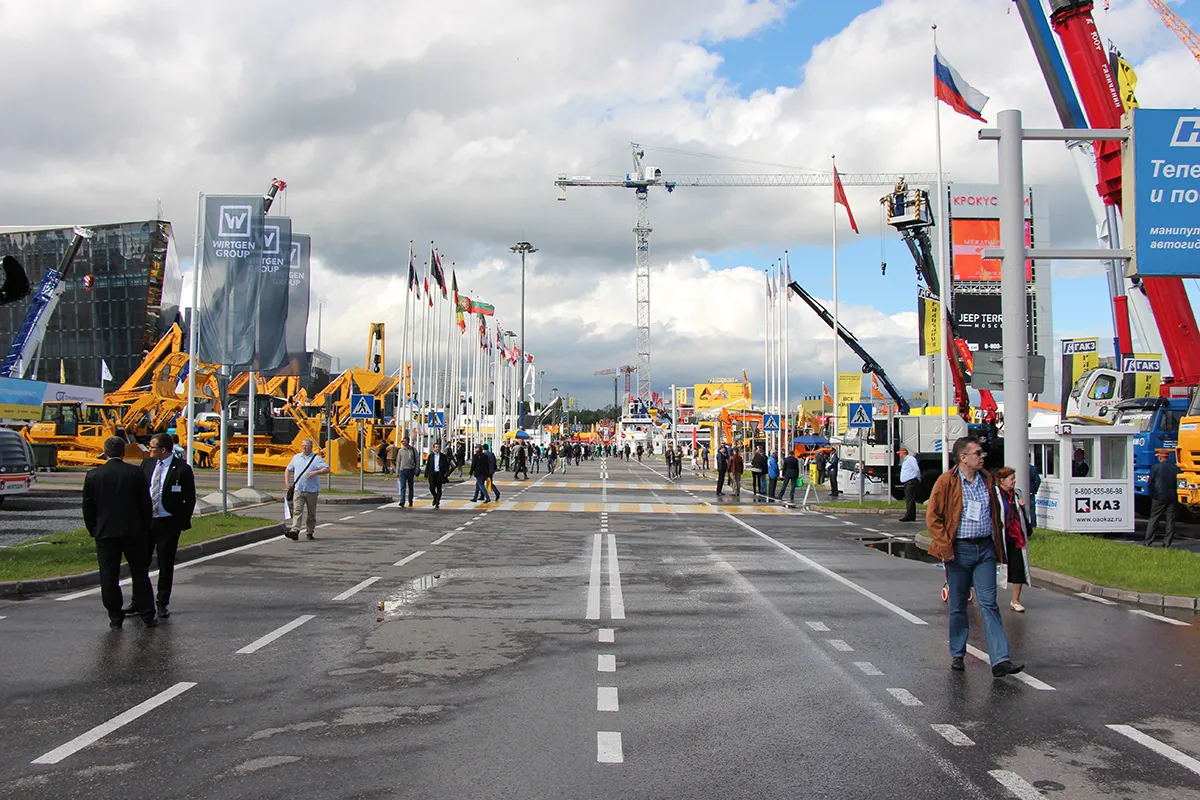
The first toll road within the Russian capital Moscow will be built this year with financing from a consortium comprising Russian and Arabian investors. This was revealed officially in a recent statement from the Moscow City Government. The heart of the project involves building a relief road for Kutuzovsky Prospekt, a major radial avenue in Moscow, which is known for its luxury stores and high-cost commercial property.
The new toll road project is being financed jointly by the Russian Fund of Direct Investments (RFPI), the Public Investment Fund (PIF) that is Saudi Arabia's largest sovereign fund, as well as the UAE Mubadala fund.
This road will stretch from the key commercial district in central Moscow (and also the business centre) at Minskaya Street to another toll road that links Moscow with the nearby city of Odintsovo, itself located in the Moscow region.
The general director of the RFPI, Kirill Dmitriev explained, "There are no state grants or financing from the national welfare fund for this project. All the financing for the project will be private investments. We were able to attract serious foreign investors to help build this road.”
Representatives of Mubadala and PIF were not available for comment however.
The idea of building a relief road for Kutuzovsky Prospekt was originally proposed in the mid-2000s. According to plans from the Russian Federal Government and the Moscow city authorities, the new road is intended to become part of the transport infrastructure for the Moscow-City development, which is one of the largest centres for economic activity in Europe.
Vice-mayor of Moscow, Marat Khusnullin, said initially that the Moscow city government estimated the cost of the project at RUB 110. However, this figure was later revised to RUB 80 billion (US$1.5 billion).
It is planned that the alignment for the new road will run parallel with a section of the Moscow-Smolensk railway, while it measures 11km in length. The high cost of its construction is mainly due to the fact that it features a section of overpass.
Drivers using the route will be allowed to travel at speeds of up to 100km/h when the road link opens to traffic at the end of 2019.
The toll road is being built with three lanes in each direction, with a number of intersections that connect with existing roads in the area. The construction of the new road is expected to reduce traffic congestion on Kutuzovsky Prospekt as well as for the entire western side of Moscow.
At present the investors are preparing the tender process, which will be used to select a contractor for the project. Amongst the firms likely to make bids are some of Russia’s leading road building companies and engineering holdings.
Meanwhile the Moscow city government has already promised the investors that it will provide the necessary assistance for the project. In particular this will include providing the required plots of land for the project.
An official spokesman of the Russian Minister of Industry and Trade, Denis Manturov, commented that the fact foreign investors are keen to fund the project, even in its initial stages, provides an extremely positive sign for the economic climate of Moscow, and Russia as a whole. According to state analysts, it is also of note that these funds will be provided amidst the economic isolation of Russia on the international arena.
Manturov’s spokesperson also added that as investors from the Middle East are usually cautious, their entry into this project provides an additional positive sign for other international investors.
Looking ahead, experts from the Russian Ministry of Transport believe that Moscow has further potential for the construction of more toll roads. There is a demand for additional routes due to the high population density and large vehicle population in Moscow and the surrounding region.
According to traffic experts, Moscow’s existing road network will suffer from increasing levels of congestion in the future due to the continued growth in the population and vehicle numbers. The city is known already for its frequent jams, particularly in the centre, a problem that will be exacerbated without the construction of new road links.
This is not the first investment from the Middle East into large-scale transport projects in Russia however. Several months ago, the Russian media reported on the plans of some largest investment funds from the Middle East wanting to participate in the reconstruction of St Petersburg’s Pulkovo International Airport. And earlier in 2018, Middle Eastern investment funds also announced plans to participate in the project for the building of the Moscow Central Ring Road, currently under construction.








